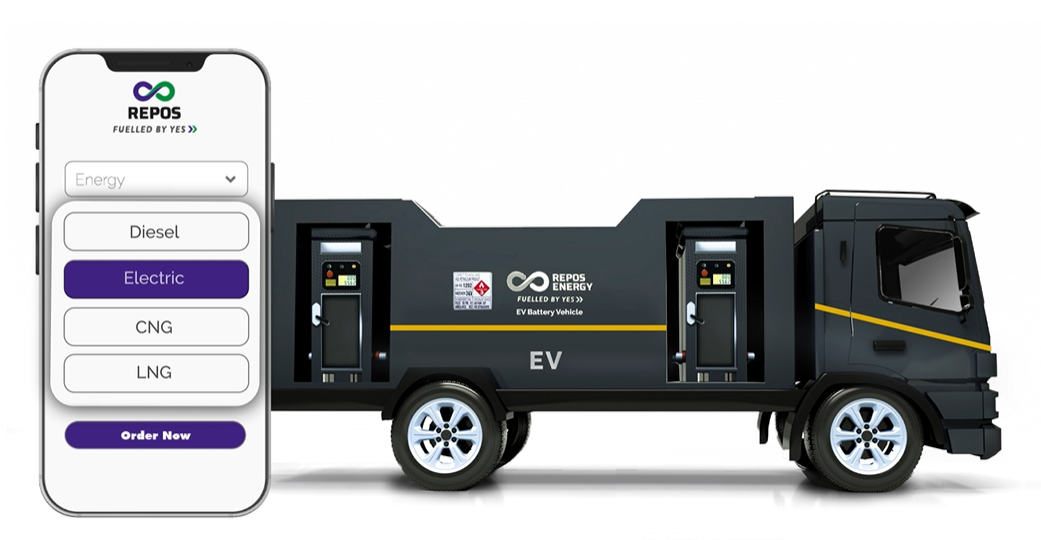Technology has its own way of stretching its wings, and we can see how it is tied to the vehicle sector today. If a new technology is introduced, it must be paired with an innovation. Today’s automobile manufacturers are increasingly driven to build ecologically friendly automobiles in view of the limited availability of fossil fuels. Electric vehicles are a radical alternative in this scenario, as they are non-polluting and have steady linear performance. The electric car’s performance is the most significant factor.
The debut of EV spurred every motor firm to evaluate its alternatives. But can we deny that the deafening boom of combustion in fuel-powered vehicles still gets us?
The rise of electric automobiles (EVs)
Electric vehicles are giving traditional fossil fuel-fired autos a run for their money. Elon Musk, the “Iron Man” of the IT firm, believes, “You have to match the convenience of the fuel vehicle in order for customers to purchase an electric automobile.”
From 2020 to 2027, the electric vehicle market is anticipated to rise at a CAGR of 21.7 per cent, reaching a volume of 233.9 million units. The rise in the number is contributed by a variety of factors including government policies and regulations that encourage the adoption of EVs, increased investments by major automotive OEMs, rising environmental concerns about carbon emissions, and falling battery prices.
However, a lack of EV charging stations is expected to slow the market’s expansion.
The reach of the electric car industry in India
The automobile sector is one of India’s most important sources of economic development. According to analysis, the government as an attempt to reduce emissions will have three key impacts on the transportation industry this decade. The fast deployment of compressed natural gas (CNG) and ethanol blending will help reduce the rise in demand for fuel until fiscal 2025. Beyond that year, the curve will continue to flatten as more electric cars (EVs) join the road.
Due to favourable government initiatives and the entry of international players like Honda, Suzuki, Ford, Toyota, Volvo, and Hyundai, EVs are steadily gaining traction in India, despite a slew of challenges and roadblocks. Tata Motors and Mahindra & Mahindra, two Indian automotive behemoths, are leading the country’s electric vehicle revolution, having received the first worldwide contract to provide the government with 10,000 electric vehicles.
Ease of use
Now, there is one area where electric vehicles have a notable disadvantage when compared to diesel sedans: With lots of fuel outlets nearby, it’s pretty simple for the user of a conventional automobile to fill up as and when they need to. On the other hand, even with the government’s desire for speedy adoption of EVs, the necessary infrastructure to support electric automobiles is far from adequate. This is also a source of anxiety since most electric car owners worry about running out of battery power in the middle of a journey with no electric charging station nearby. This is a good attribute of electric vehicles, but it’s still not enough to overcome the absence of appropriate infrastructure.
The need of the hour is to set up sufficient numbers of charging stations for electric vehicles across the country. In India, there are around 70,000 retail petrol pump locations, all of which are dominated by traditional fuels such as diesel and petrol. According to the estimates, there is just one electric car charging point per 1000 automobiles. However, because conventional fuels take up all of the space at fuel stations, it’s difficult for cleaner fuels to make room.
Fuel distribution on mobile petrol pumps is critical if we are to make room for alternative fuels. Repos Mobile Petrol Pump – Model Beta is an effective vehicle that delivers fuel to customers’ doorstep without hassle with utmost efficiency.
Environmentally friendly, is it?
According to the paper in the Journal of Industrial Ecology, electric vehicle companies generate more harmful waste than traditional car factories. When compared to how diesel and petrol vehicles are created, the survey found that the production process of electric vehicles is significantly more ecologically demanding.
Electric car manufacturing has nearly double the global warming potential of conventional automobiles. Several hazardous minerals, such as nickel, copper, and aluminium, are used in the production of batteries and electric motors. As a result, the acidification effect is substantially larger than that of traditional automobile manufacturing.
Electric cars versus diesel cars
Electric cars are more costly, but they are growing popular, with several model variants to pick from. Aside from the brand and kind of vehicle, your location influences the purchase price of an EV. When comparing electric and traditional cars, another issue to consider is how quickly a vehicle carries from point A to point B. Diesel cars have a better torque power than electric vehicles which explains their superior performance and towing. The scarcity of recharging sites is another disadvantage that might work against electric vehicle adoption. Electricity is generally produced by fossil fuel power plants, therefore it may counter the objective of ‘going green.’
Thus, when it comes to a face-off between electric and fuel-powered vehicles, we can see how the weighing scale weighs down to the advantage of diesel cars because of their long-lasting engines and affordability.
Fuel use in the automobile industry amounts to barely 15% of total consumption. The remaining 85% is used by the commercial sector. India’s daily diesel usage is 27 crore litres. Diesel in bulk is required for the majority of generator sets in residential complexes, hospitals, and hotels. Every day, substantial volumes of diesel are required on-site in the industrial, manufacturing, infrastructural, and other sectors. Electric vehicles are confined to the automobile industry only, allowing diesel to maintain its unrivalled commercial penetration.
Before we wind up
Even while dealing with fossil-fueled vehicles, carbon emissions might be reduced if we focus on energy distribution techniques. Repos has developed an e-commerce platform that delivers diesel to your home, reducing carbon emissions caused by wasting and spills while purchasing diesel from gas stations. The predicted fuel supply through this platform will cut carbon emissions equivalent to growing 24.3 crore trees, about the same area as Mumbai. Furthermore, the Repos Mobile Petrol Pump‘s cutting-edge technology ensures that the fuel provided to end consumers is of excellent quality and quantity. It distributes diesel to business sectors immediately after an order is made on the Repos app, allowing end customers to reduce dead miles and the cost of procuring fuel.
Even when dealing with fuel, Repos will leave a green trail by being more calculated and conscious of our actions. Repos Energy is bringing alternative forms of green energy, such as LNG, CNG, LPG, and even electric power on wheels for better distribution. This will reduce carbon emissions and provide a safe environment for future generations.

